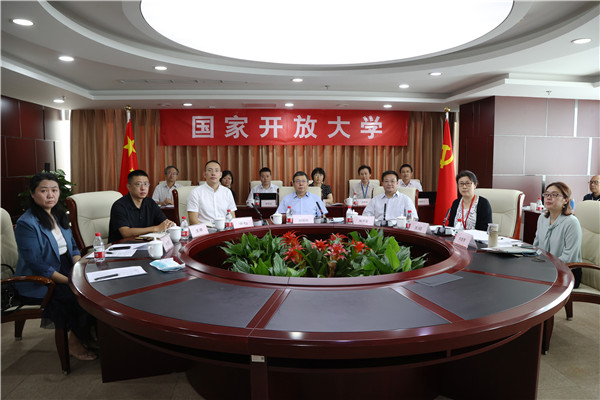 The Open University of China (OUC) recently convened the First Plenary Session of its Third Academic Committee.
The Open University of China (OUC) recently convened the First Plenary Session of its Third Academic Committee.
Jing Degang, secretary of the Party Committee and president of the OUC, along with OUC vice presidents Yang Xiaotang and Li Song attended the meeting. A total of 103 members from the OUC headquarters, branches, industrial and corporate colleges, and relevant enterprises attended the session both online and in person. Wang Ying, director of the OUC Lifelong Education Research Institute, presided over the meeting.

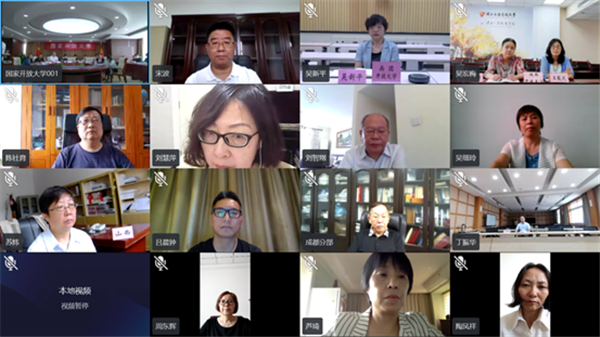
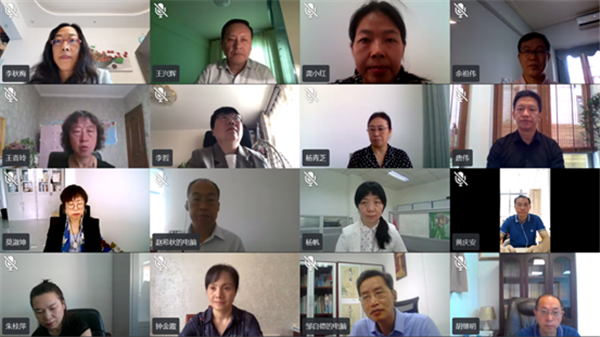
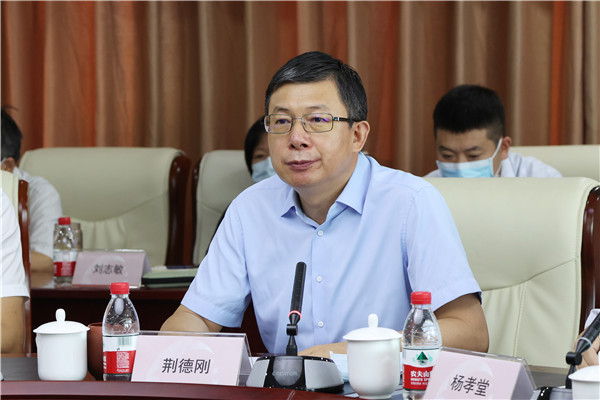
Jing Degang announced the name list of the Third Academic Committee and delivered an important speech. He stressed that the prosperity and strength of a university depends on the prosperity and strength of its academia. The Academic Committee is the OUC’s highest-level academic organisation, functioning as the most important representation of the university’s governance system and capability. It should play an essential role in scientific research as well as educational and teaching reform. Jing Degang put forward four requirements to the plenary members of the Committee. First, political leadership should be strengthened, and the Committee should enhance its political stance and think in big-picture terms. Second, academic responsibilities should be strengthened. Assistance should be given to implement the university’s major tasks for development. The Committee should play a lead in discipline construction and do a good job in developing scientific research team. Third, academic outcomes should be intensified. The idea that university strength depends on that of its scientific and academic research should be deepened. More efforts should be applied to empirical research on reform and innovation. The construction of academic teams, scientific research platforms, and data banks should be further boosted. Fourth, academic governance should be intensified. Members of the Committee should strengthen their own academic literacy, enhance their academic abilities, and strictly adhere to the academic bottom line.
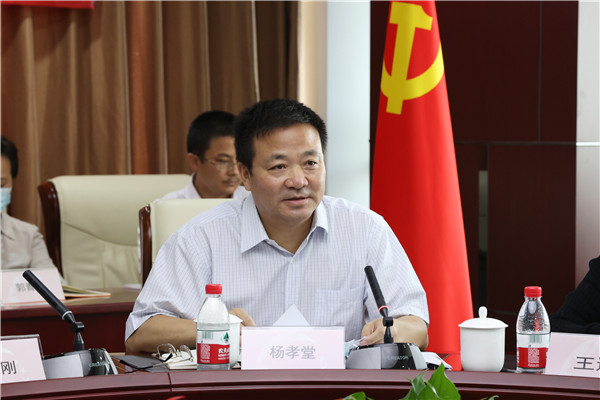
Yang Xiaotang, in his capacity as chair of the Second Academic Committee, gave an introduction of the work of the Second Committee and the election of the new term of the Third Committee. He noted that the Second Committee has achieved positive results in terms of promoting the construction of a sound academic evaluation system, accelerating the construction of disciplines and majors, intensifying educational and teaching reform, and enhancing the scientific abilities of the faculties.
According to the regulation of the OUC Academic Committee Charter, Li Song was elected chair of the Committee, with Wang Zhuo and 15 other personnel named as vice chairs.
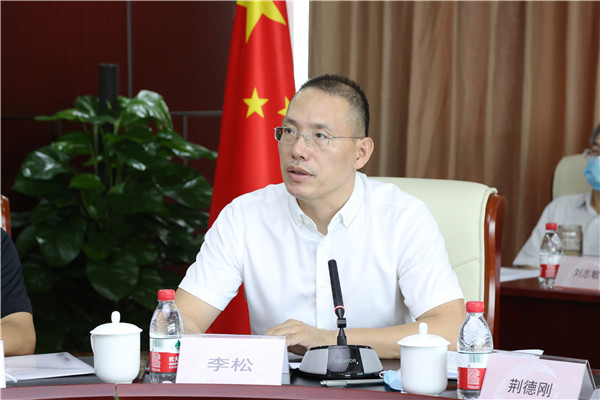
Li Song presented a general introduction to the Third Academic Committee regarding its function and orientation, organisational structure, and coverage of disciplines. He also put forward three expectations for its future work in combination with the university’s development, as well as the function and orientation of the Committee. First, endeavours should be made to serve the construction of high-quality system of disciplines for the university based on the 14th Five-Year Plan. Second, with quality at its core, it should vigorously advance educational and teaching reform and enhance the quality of learner development. Third, it should make substantial efforts to engage in study and scholarship in order to continuously improve the OUC’s scientific research ability.
Written by Yu Qijing, Li Wei; Photos by Zhuge Huanyu, Xiao Wanying, OUC